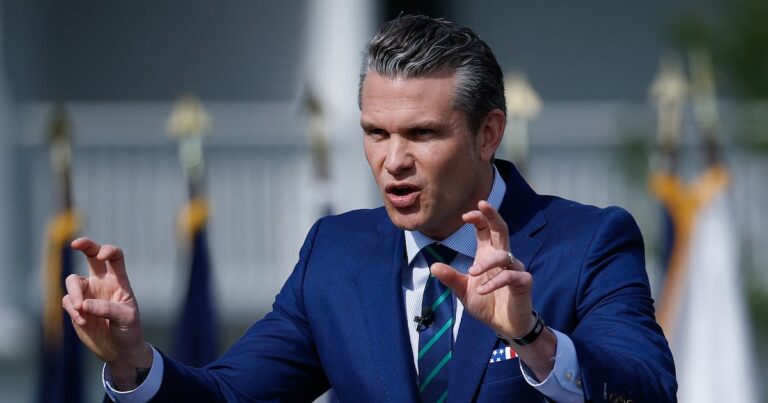LA Protests: Troop Deployment Amid Immigration Raids
Background of the Protests
Recent protests in Los Angeles have ignited heated discussions around Immigration and Customs Enforcement (ICE) actions. Citizens are rallying against the perceived overreach of federal immigration policies, leading to significant unrest in the city. The protests are fueled by concerns over human rights violations and the treatment of immigrants under current laws.
Defense Secretary’s Response
In light of escalating tensions, Defense Secretary Pete Hegseth has made a controversial statement regarding the potential deployment of Marines to assist in managing the situation. Hegseth’s remarks underline the federal government’s stance on maintaining order amidst widespread dissent against immigration raids.
Federal Troops Arrive in LA
Amid these protests, President Trump has mobilized 2,000 National Guard members to assist local law enforcement. This deployment is a direct response to the growing unrest and aims to deter further demonstrations against ICE activities in the area. The troops’ presence has sparked debates about the appropriateness of military involvement in civil matters.
Increasing Tensions and Legal Ramifications
As federal officials release the names and photographs of individuals detained by ICE, tensions have further intensified. Community leaders and legal advocates are raising concerns about the legal implications of deploying National Guard troops during peaceful protests. Questions surrounding rights violations and potential illegal detainment are coming to the forefront.
Public Outcry and Advocacy Efforts
The Los Angeles community is witnessing a surge in advocacy efforts aimed at protecting immigrant rights. Activist groups are mobilizing to support those affected by ICE raids, leading to a more significant pushback against federal policies. Public sentiment is increasingly favoring humane treatment and clearer paths to citizenship, moving away from punitive measures.
Political Implications of the Deployment
The involvement of the National Guard in such civil affairs is not without controversy. Critics argue that this method of policing dissent can lead to a chilling effect on free speech and assembly. Political leaders are divided on the issue, with some supporting strong federal intervention while others argue that local resources should manage these situations without military assistance.
Looking Ahead: Future of Immigration Protests
As Los Angeles continues to grapple with the implications of ICE raids and the recent military deployment, the prospect of future protests remains high. Community leaders are calling for dialogue and reform, while federal authorities are focusing on maintaining order. The coming weeks will be crucial in determining how these events will reshape the narrative around immigration policy and civil rights in America.
